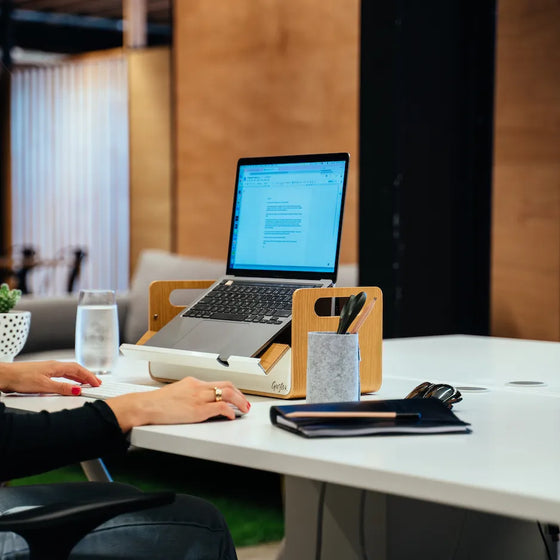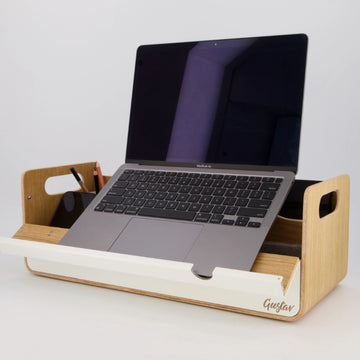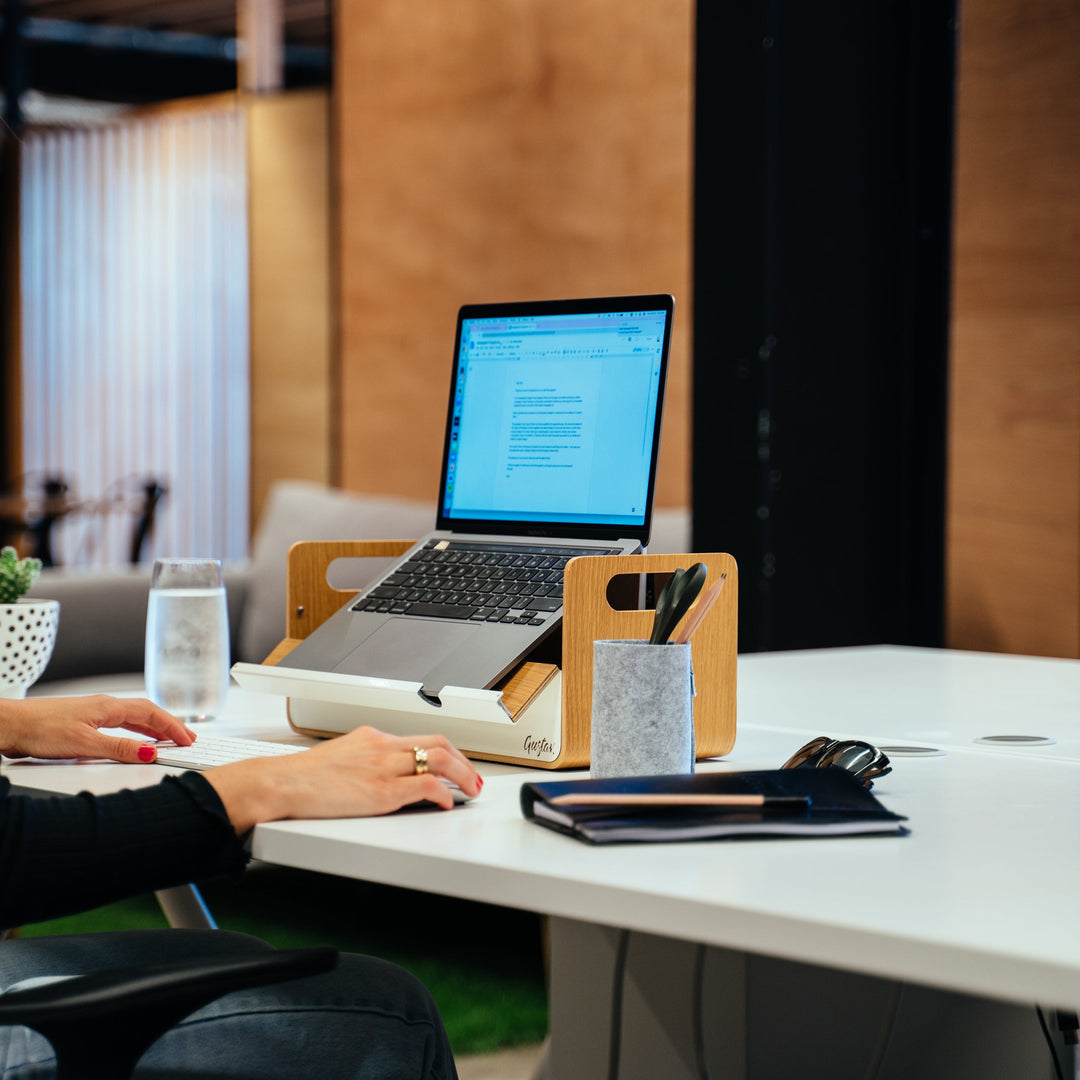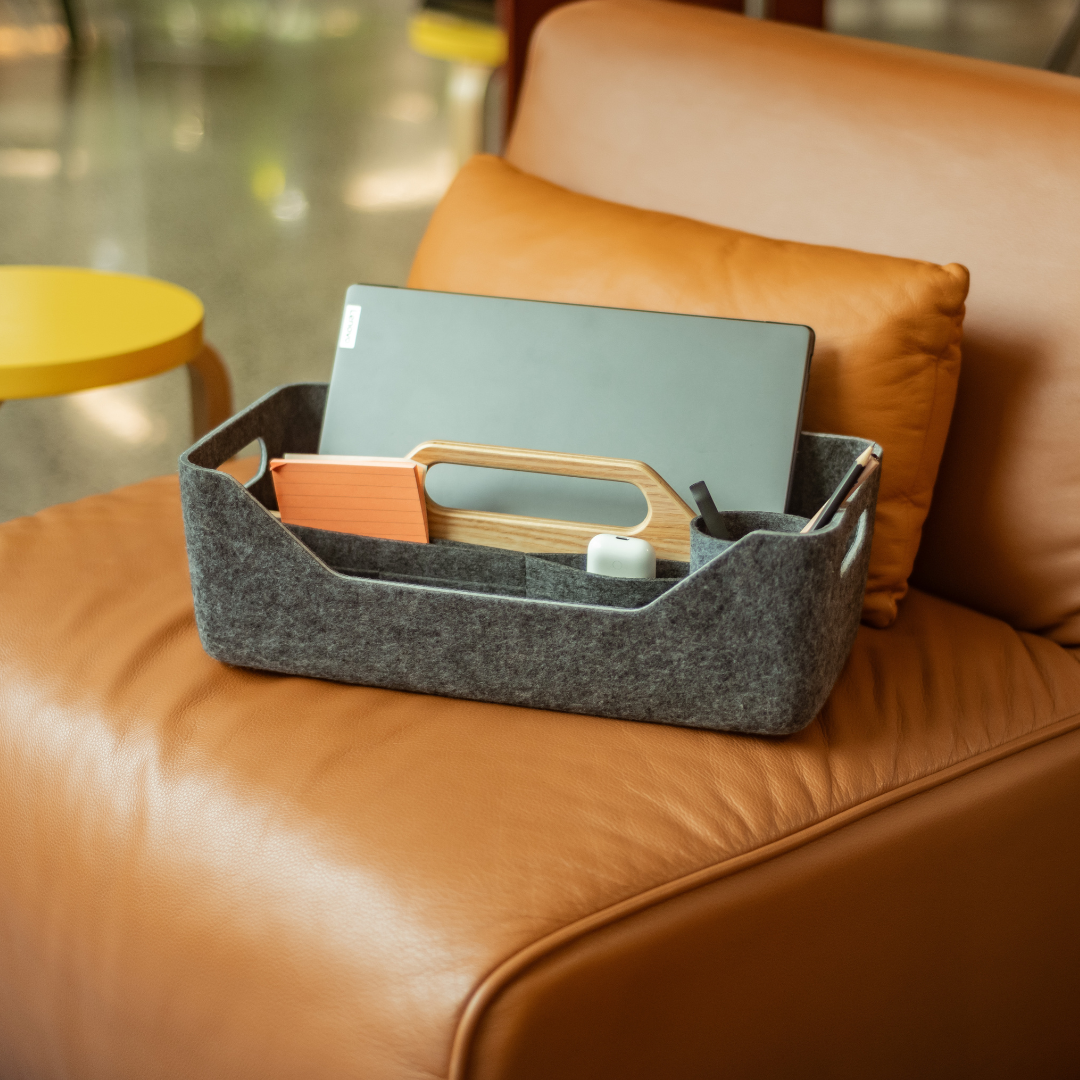Expert Interview with Andreas Gnesda

Working when and where you want: What sounds like a dream for employees brings new challenges for employers in terms of corporate culture and office design. Andreas Gnesda is the managing director of teamgnesda and an enthusiastic entrepreneur. He knows how companies can design meaningful work environments - and thus ensure satisfied and successful employees.
Mr. Gnesda, you have been advising companies on creating meaningful work environments and new office concepts for more than 20 years. What has happened in this area recently?
Andreas Gnesda: The last two years have completely turned the topic of the office upside down. People's working behavior has changed completely, even at the very beginning of the pandemic: we used to discuss one, at most two days of home office per month, but today employees want to work remotely for at least two to three working days per week, regardless of industry and company size. It's as if a lever has been flipped: Anyone who doesn't offer a home office is no longer even an option as an employer for many people.
What does that mean for the office as a location?
The office must be a place of encounter. Companies have to ask themselves what they can do to make their employees want to come back to the office and talk to each other there. To accomplish this, however, the office has to come up with wholly different equipment: Away from contemplative workspaces and toward collaborative, communicative work.
To what extent can a tool like Gustav help companies and employees master this transition?
Particularly in companies that work with alternating workstations, Gustav can ensure a certain level of identification among employees. With the toolbox, one's own personality can be expressed, even if I no longer have my own desk - and thus every place quickly becomes a personal workplace.

You raise the issue of identification. Especially in remote work settings, many employers are afraid that employees will lose their connection with the company. What can be done about this?
Basically, employees have a strong need for connection. Companies have historically provided a place of belonging and identification, regardless of one's role in it. Work - and therefore the office - became part of our personality, something to identify with, to be proud of, or to collectively complain about. The question now is how this can be translated into virtual working worlds and workplaces that are scattered everywhere. This is very much about corporate culture and shared values that create a sense of belonging.
Does this mean that the office is a thing of the past for companies?
We are at the beginning of a major change: working is where I am, and no longer tied to a specific location. Nevertheless, certain places are needed to do things together. That's what's expected of an office, because: Spaces are always also culture bearers of an employer and must therefore fit in with the lived values of the company. There's no template here; each company has to decide for itself individually, and that's only possible if I involve my employees directly. That's the only way I can create space for my current corporate culture.









